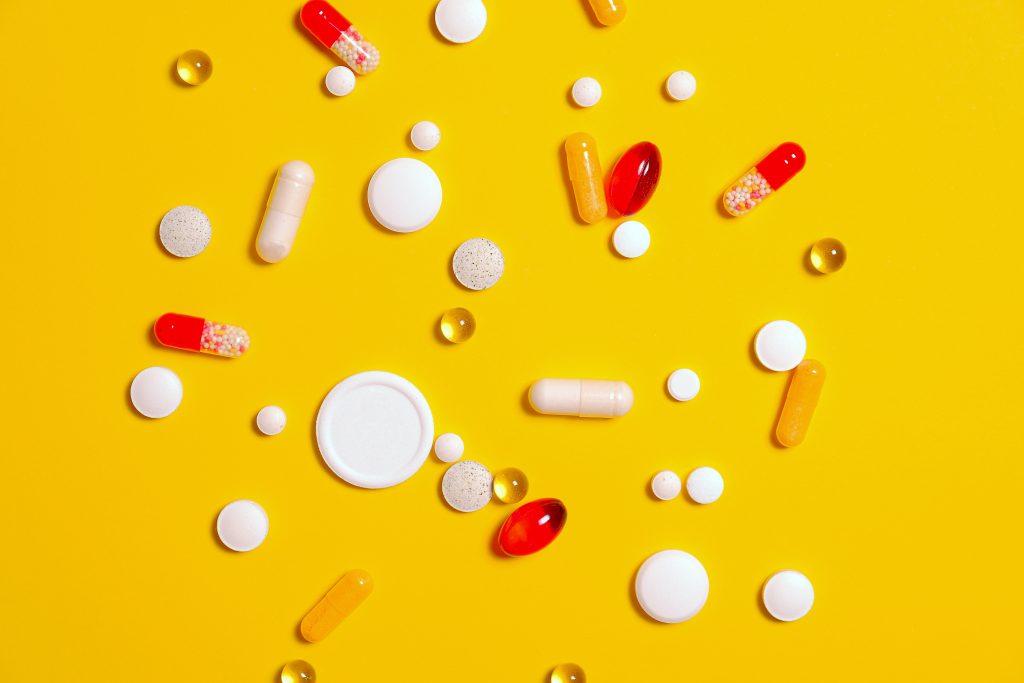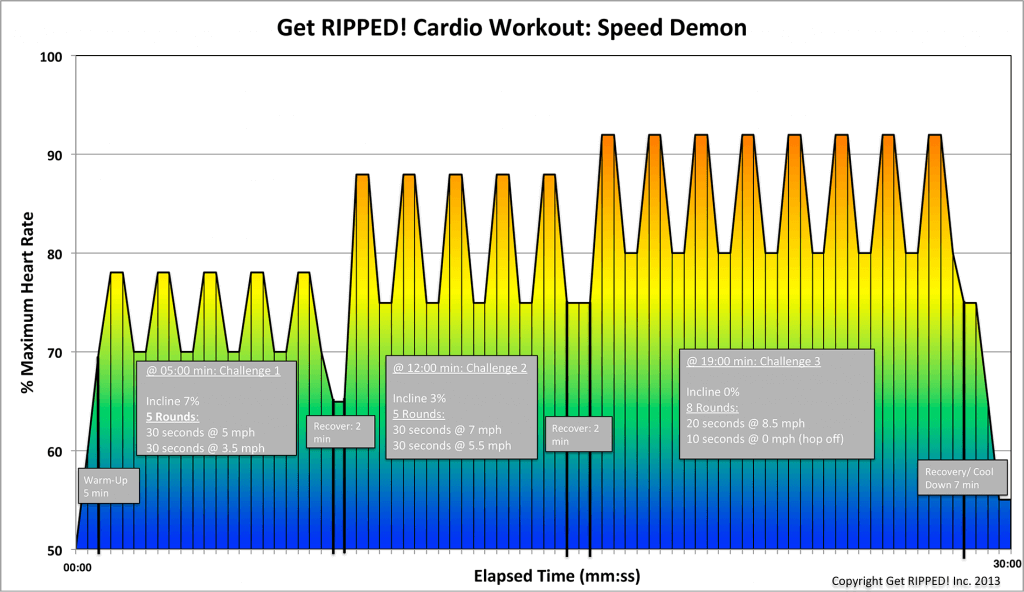Blog
What Vitamins Are Vegans Missing In Their Diets
Changing to a vegan diet has health benefits, but it isn’t easy. Vegans must ensure they get all the necessary vitamins, minerals, fatty acids, and amino acids, many of which are scarce or missing in plants. Careful planning to ensure supplements cover the missing ones and all the essential amino acids are in the diet. Only vegans face the difficulty since most vegetarians have some form of animal protein in their diets. Vegetarians don’t have that problem. They don’t eat animal flesh but use animal products. Milk products and eggs make it easy to balance the diet.
Vitamin B12 is the biggest issue.
Vitamin B12 is necessary for the body to function at its best. Animal products, such as fish, eggs, milk, or meat, help prevent a deficiency. It helps maintain your nerves, improves brain functioning, and builds red blood cells. Signs of a deficiency include symptoms like impaired brain function, fatigue, and weakness. Heart disease and Alzheimer’s are linked to a deficiency. A few plant sources contain a small amount of B12, like nori seaweed, tempeh, and shiitake mushrooms. Supplements are recommended.
Vitamin D3 deficiencies can plague vegans.
Vegans don’t corner the market on vitamin D3 deficiencies. Much of the Canadian population is vitamin D3 deficient. During the summer, absorbing sunrays provides the vitamin D necessary, but during the winter months, you can’t get it naturally in the north. It has to come from food. Plant-based products contain vitamin D2. Animal-based products contain D3. The body absorbs D3 easier so it takes less to raise blood levels to an adequate amount. Signs of D3 deficiency are weakness, muscle wasting, decreased immunity, depression, impaired brain function, and more. Supplements are recommended, especially for vegans.
Creatine and carnosine are missing from vegan diets.
Bodybuilders are probably the most familiar with these two supplements since they help build muscle tissue and improve brain function. It’s stored in the muscle. These are not essential nutrients. The body can make both of these, but studies show vegans have less creatine and carnosine in their muscles than the rest of the population. Even lacto-ovo-vegetarians have less creatine. Both creatine and carnosine are found only in animal food sources.
- DHA is an omega-3 fatty acid found in fatty fish and fish oil. Even though walnuts and other plant products contain ALA that converts to DHA, the process is inefficient. Supplementing with types of microalgae is recommended.
- Collagen is necessary to build hair, ligaments, nails, and skin. Labs now create vegan collagen sources. Taking supplements or eating food high in collagen building blocks, such as beans, seeds, and nuts, helps boost collagen production.
- There are two types of iron in food. Heme iron is found in red meat, while non-heme iron is in plants. Heme iron is easier for the body to absorb.
- Vegans must combine the essential amino acids to ensure they have complete amino acids. Quinoa, hempseed, soy, and buckwheat are plant sources that contain complete amino acids.
For more information, contact us today at Get RIPPED! by Jari Love


